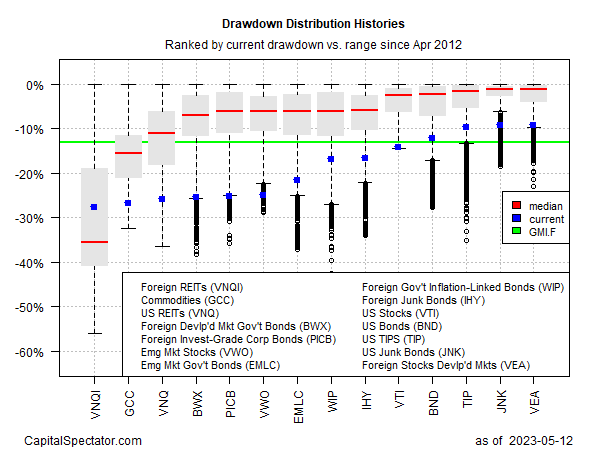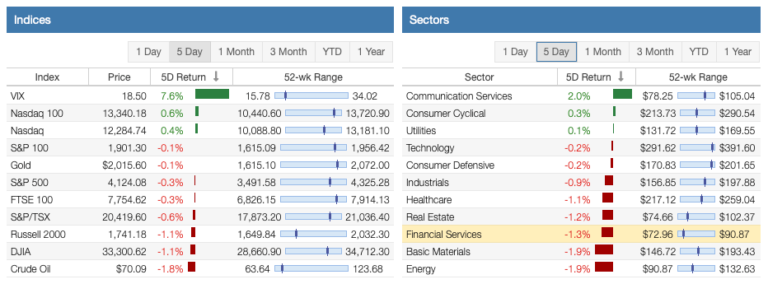
Dear Quentin,
My brother recently passed away, 10 months after our father died.
To my bewilderment, our dad left 75% of his estate to my brother and 25% to me. Since my dad’s passing I’ve turned my life completely around, and I’m now clean and sober. My dad was my best friend. I spent every day with him. We had a wonderful relationship, and he did help me financially over the years.
Because I turned my life around, my brother and I made plans for the future. I sold my home in California and, after six months when I completed my recovery program, my 8-year-old daughter and I had planned to move to Arizona to be with my brother. The plan was to use 25% for a down payment on a home for myself and my daughter.
“‘The plan was to take my 25% and to put a down payment on a home for myself and my daughter.’”
My brother had two children and my nephew will be handling all of his finances, which is a lot, as he did very well for himself. My brother was still holding all the inheritance from our father, including my 25% as well as some stocks and bonds that were to be split. My niece and nephew would never need my father’s 75%. My brother left them so much more.
Would it be out of the realm to ask or to even hope that my nephew would decide to give me the entire inheritance from my dad’s estate — in other words, not just my 25% but my brother’s portion of his estate as well? My brother never touched his share of the money. I would ask for 100%. What do you think? Is that asking too much? Or way out of line?
Bereaved Sister and Daughter
Dear Bereaved,
Congratulations on turning your life around, and getting clean and sober. Reading between the lines, it seems like your father was concerned about your sobriety, and did not inadvertently want to be an enabler by giving you a large sum of money, which may or may not put temptation in your way. Putting that 25% towards a down payment sounds like a good plan, and will give you and your young daughter the stability you need.
While leaving an unequal inheritance to different children can create ill will and arguments, it’s not so unusual. For example, one-third of parents aged 55 and over told a 2018 Merrill Lynch Bank of America/Age Wave survey that it’s OK to leave an unequal inheritance to children. The reasons may vary: one adult child may have a physical disability or have cognitive impairment and require long-term financial assistance, or one may be married and have a double income.
“‘What is fair, and what is unequal are two very different things.’”
Your case is different. You say you were close to your father. He may or may not have intended your brother to help you out. We may never know, and even if that were true, your brother is now gone. Your brother passed away, and your nephew and his sibling inherited their father’s assets, including the inheritance your brother received from your father. That inheritance belongs to your brother’s kids, and I believe it would be a mistake to lay any claim to it.
What is fair, and what is unequal are two very different things. Your father, I assume, gave this situation a lot of thought, and took into consideration the money he previously gave you. It’s not up to you, unfortunately, to decide whether or not your nephew or his sibling deserves this 75% based on their wealth. That inheritance belongs to him, and if you wish to maintain a good relationship with this young man, resist the urge to chip away at his inheritance.
Follow Quentin Fottrell on Twitter.
You can email The Moneyist with any financial and ethical questions related to coronavirus at qfottrell@marketwatch.com.
Check out the Moneyist private Facebook group, where we look for answers to life’s thorniest money issues. Readers write to me with all sorts of dilemmas. Post your questions, tell me what you want to know more about, or weigh in on the latest Moneyist columns.
The Moneyist regrets he cannot reply to questions individually.
More from Quentin Fottrell:
Published at Wed, 18 Jan 2023 10:56:00 -0800




